


¡Pura Vida!
A call to action from the youth
As a collective our lives are at risk – both as a planet and a human community – and to address the emerging planetary emergency, we will need to protect the protectors in order to survive…
A manifesto for mutual support and recognition- being optimistic about the future in the face of catastrophe
What happened?
In the context of the 50th anniversary of The Limits to Growth (a seminal report focused on the interconnectedness of economic, political, natural, and social systems on a global scale) The Club of Rome´s intergenerational dialogue, co-created with The 50 percent at the United Nations University for Peace, Costa Rica on December 2022, call us to gather for 2 days. The objective of this was to find new ways to accept who we are, affirm what we know, and from this space of reverence, remembrance, and renaissance, keep listening and learning.
Thanks to the exchange of ideas, knowledge, and experiences, the ¡Pura Vida! arises organically and intrinsically from this event. A speech, in English and Spanish, that summarises a petition of what the young people think and yearn for.


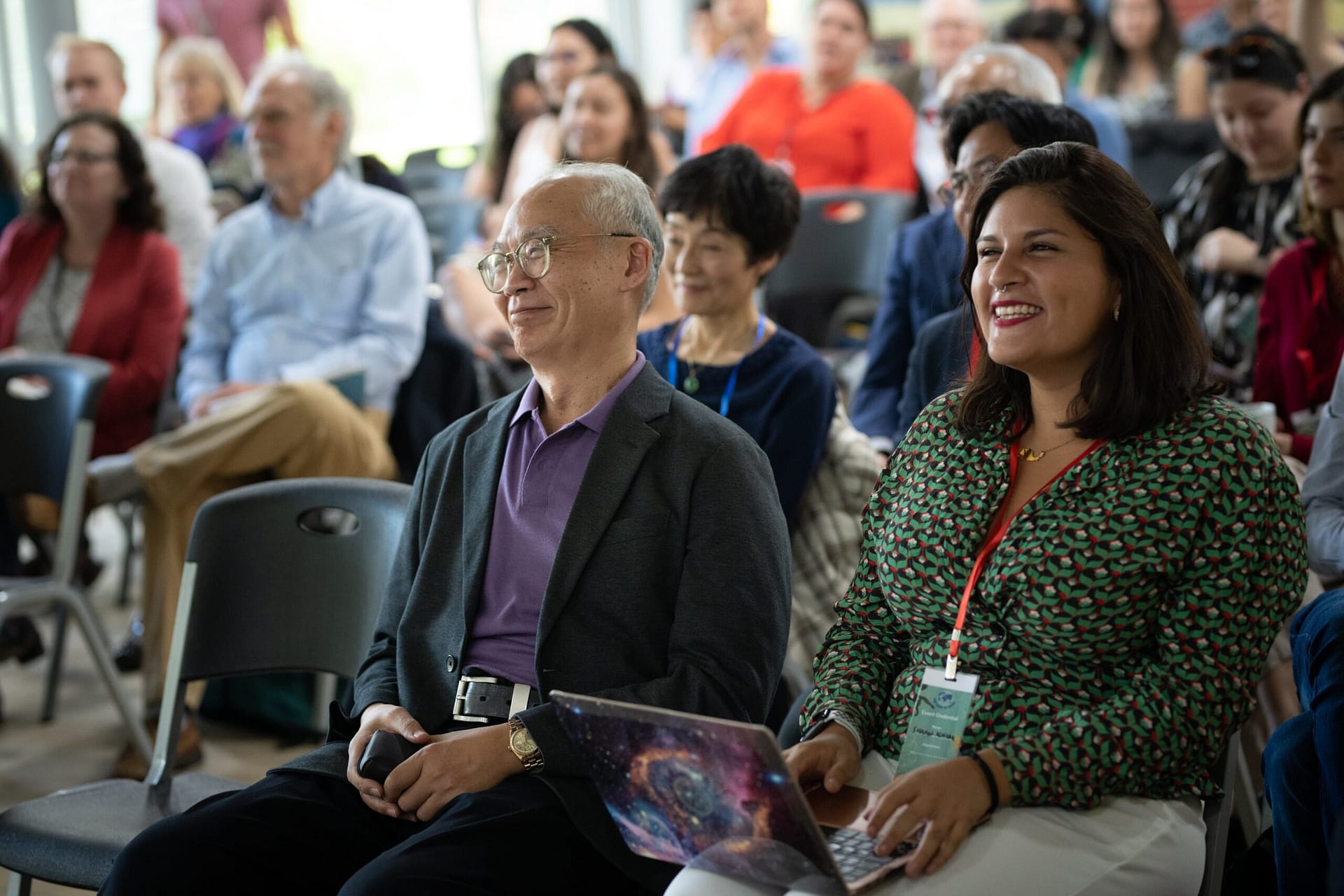
Sub Heading
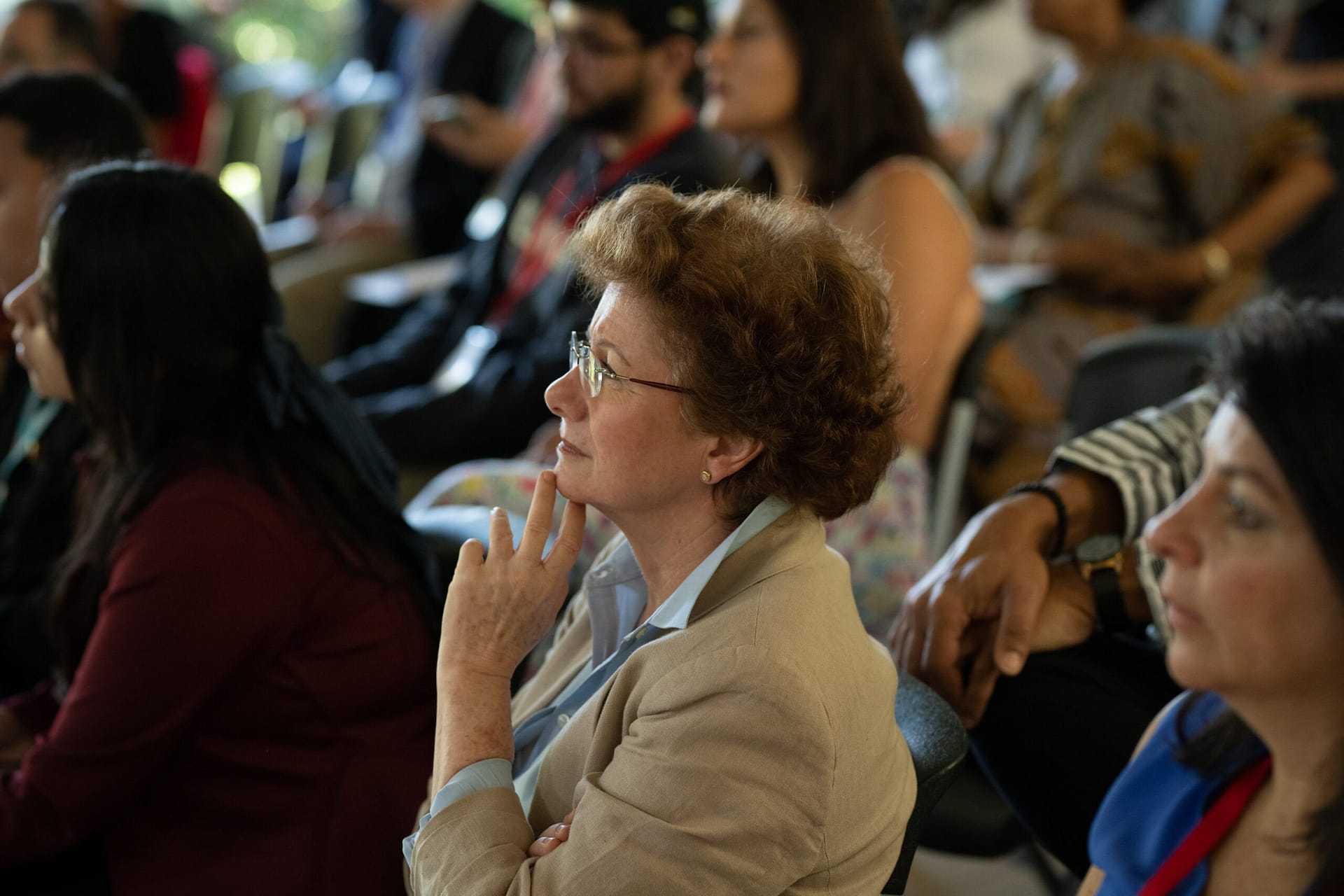
Sub Heading
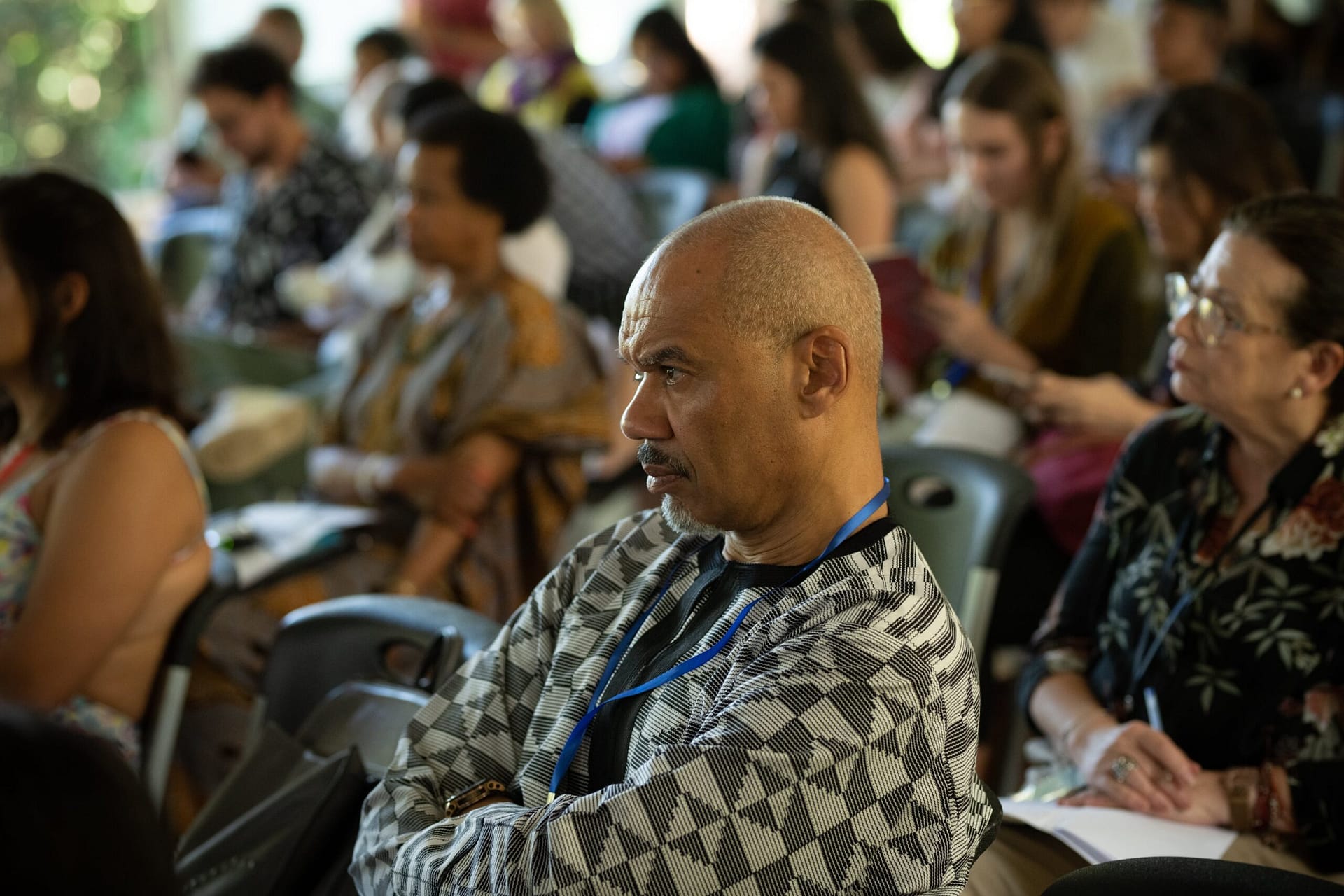
Sub Heading
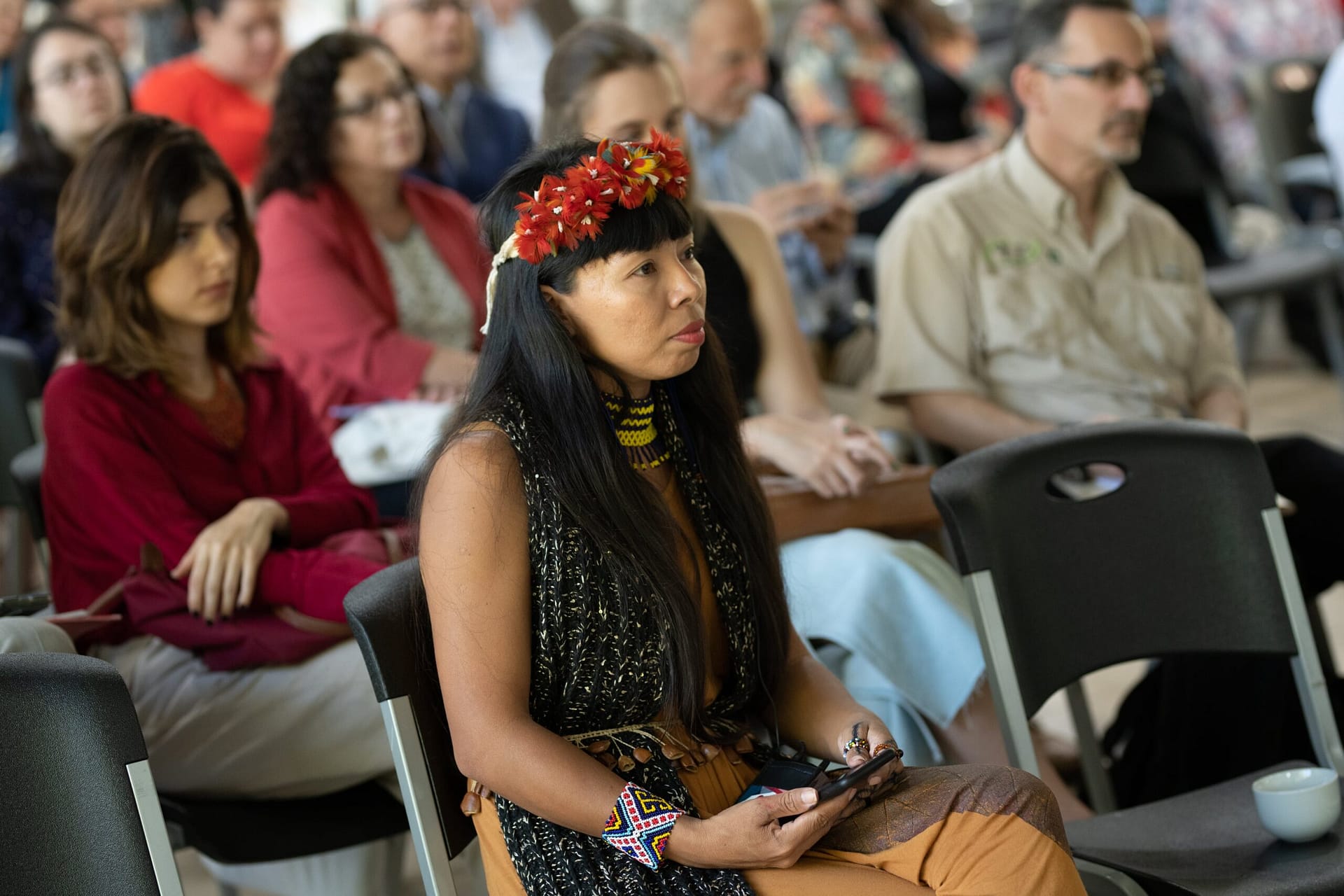
Sub Heading
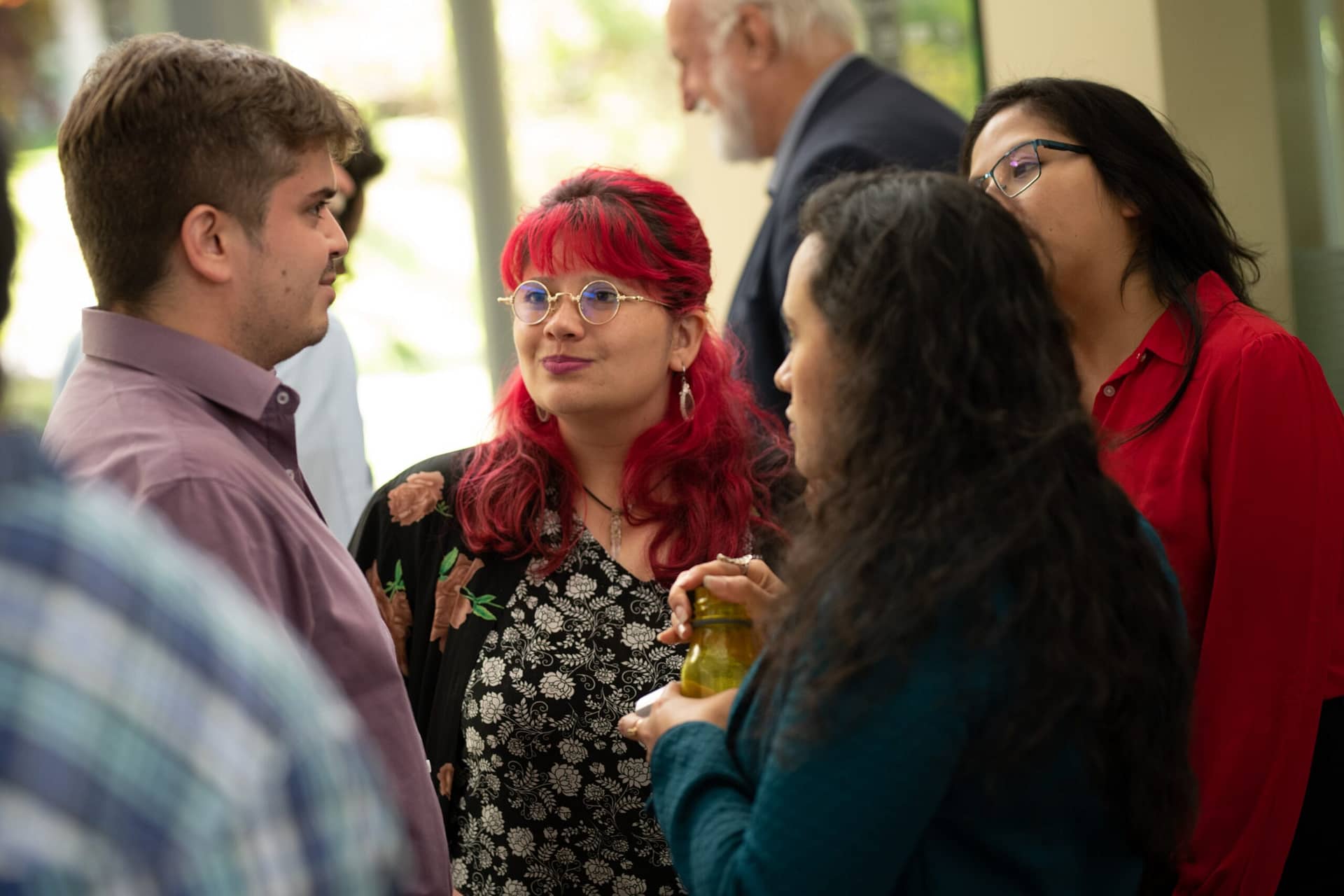
Sub Heading
What are the key ideas in the
¡Pura Vida! call to action?
As a collective, we agreed that these topics are the most urgent ones to address:

Biodiversity
Recognise the link between the indigenous communities knowledge systems and the conservation of biodiversity

Ancestral economy
Protect the ancestral forms of economy that sustain life systems, in the way that already exist

Cosmological diversity
Respect the wisdom that is learned from cultural and cosmologial diversity and prolific regenerative cycles of nature.

Uncanonical technology
Recognition of the relevance and applicability in the future of the technology from the past
that foments diversity, values, and virtues

Global justice
Discuss serious policies that include respect for self-determination and respect for collective human rights. We want epistemic and economic justice.

Funding the future
Channel investments and funds that support the development and execution of innovative projects that contribute to re-imagination, recreation and realization of value systems that honor life in all its diversity.
*Our symbology is a reinterpretation of some of the West African Adinkra Symbols
Take a look at the very moment when we presented the speech
at the close of The Club of Rome Annual Conference 2022
Supporting organisations



“an appreciative assertion of a self-defining affi rmation…
a reverence for who we are … an amplifi cation of the
best of ourselves… an invitation … to the people of the world for mutual recognition.”

Participants in the Club of Rome annual conference, University for Peace, Costa Rica, 2022
Your voice is missing
Fun facts about us
– After the annual conference, the Second Chance on Earth Coalition was born. A meta-organization made with members of other international organizations that unites efforts towards the same goal.
– The name of our coalition is inspired by the acceptance speech, The solitude of Latin America, of the 1982 Nobel prize winner Gabriel Garcia Marquez. Specifically, we took inspiration from the following quote: “A new and sweeping utopia of life, where no one will be able to decide for others how they die, where love will prove true and happiness be possible, and where the races condemned to one hundred years of solitude will have, at last, and forever, a second chance on Earth“.
Now, more than ever, in the face of uncertainty and a likely catastrophic scenario in the future, we must look for that second opportunity in doing things differently, so we change the way we relate to the Earth.
– Pura Vida is one of the most common expressions used in Costa Rica. The easiest translation is “simple life” or “pure life”, but it is more nuanced than that, it is more like a way of life, and it is an inherent part of the Costa Rican culture. The origin of this phrase comes from a Mexican movie directed by Gilberto Martínez Solares called ¡Pura Vida! in 1956. In the movie, the saying is used by the main character who remains optimistic, despite unfortunate circumstances that continue to surround him.






